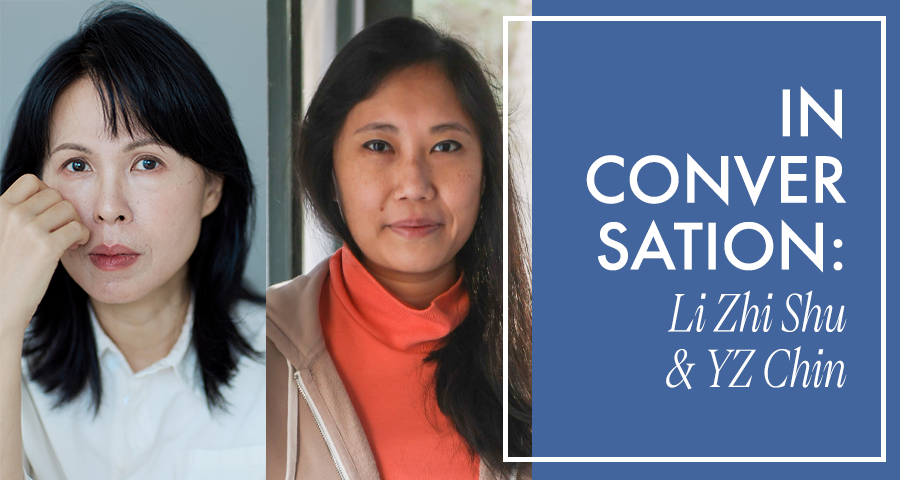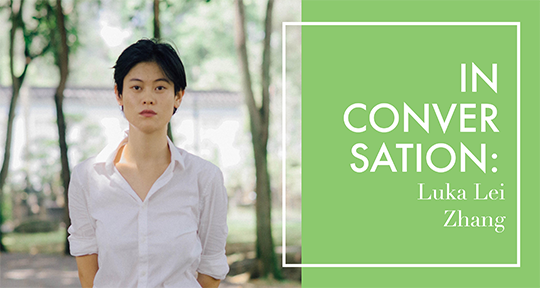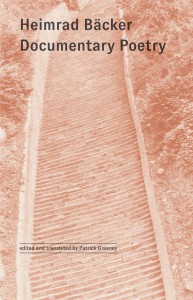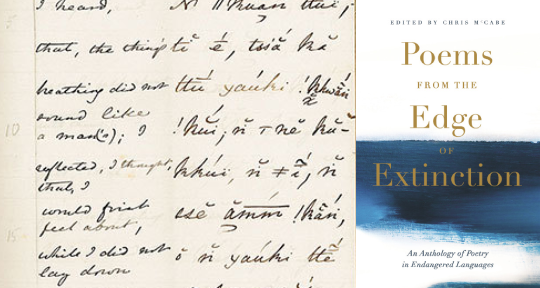Mahua literature, or Malaysian Chinese literature, emerged in the early twentieth century, drawing inspiration from the Wusi (May Fourth) Movement and reflecting on localised identities, questions of belonging, and negotiations of culture within plurilingual, multicultural Malaysia. Often subjected to nationalist policies that prioritise creative works in Malay, Mahua literature occupies a liminal space, overlooked by Malaysia, mainland China, and the larger Chinese-speaking world, yet resonant in its transnational and Sinophone dimensions, according to scholar Cheow Thia Chan in Malaysian Crossings (2023). Many Mahua authors write in conversational Chinese (Bai hua) embedded with atmospheric Malaysian locality. Called a “transperipheral” formation outside borders by Chan, it navigates a global marginality with a style that’s almost an anomaly—and rightfully so.
Among these Mahua voices, Li Zi Shu stands out as a representative figure, along with King Ban Hui, Li Tianbao, Zeng Linglong, Ho Sok Fong, and Ng Kim Chew. Born in Ipoh, Perak in Malaysia, Li Zi Shu worked as a schoolteacher, dishwasher, shoe store salesperson, and then a journalist before dedicating herself fully to writing short novels. Eventually, she began writing longer works, including her celebrated first full-length novel The Age of Goodbyes, published in its Chinese original in Taiwan in 2010 and in mainland China two years later. Chosen as one of the best novels by Asia Weekly in 2010 and China Times in 2011, the novel was translated into English by Louise Meriwether Prize-winning Malaysian fictionist YZ Chin for Feminist Press.
In this interview, I spoke with Li (in West Malaysia) and Chin (in New York) in a conversation that spans Li’s novels, especially The Age of Goodbyes, the diaspora of Mahua writers and Malaysian Chinese communities, and what it means to not belong.
Alton Melvar M Dapanas (AMMD): Zi Shu, your novel The Age of Goodbyes was described by Michael Berry in The Columbia Companion to Modern Chinese Literature (2016) as “not only a new take on Malaysian Chinatown life during the 1960s but also a fresh use of the Chinese language, tinged with a neoclassical style, and a complex metafictional narrative.” Could you share how this novel come together over time?
Li Zi Shu (LZS): The Age of Goodbyes was written before I turned forty. At that time, I felt a sense of urgency—I had been writing for over a decade, mostly short stories and flash fiction. I was eager to try my hand at a longer form, or rather, I truly wanted to craft something more “grand,” something that could be regarded as a “great” work. Looking back now, I realize that was a somewhat naive perspective, and perhaps a misunderstanding of what literature is. Over the years, I have developed a much greater appreciation for the subtle and the minute. Nonetheless, before I turned forty, I held high expectations for this long novel. I wanted to pour all my knowledge and ideas accumulated over the years into this one work. The use of a metafictional narrative was a deliberate “device,” partly because it allowed the novel to have more space—much like adding an attic or a cellar to a house, enabling multiple layers of storytelling to coexist. At that time, I was eager to demonstrate everything I could do with a novel within a single piece. The structural choice of metafiction was driven by that desire.











